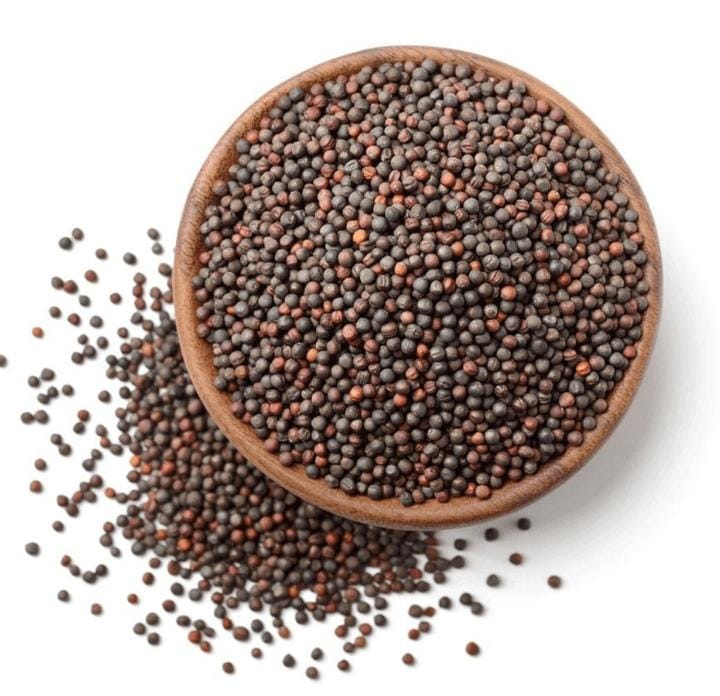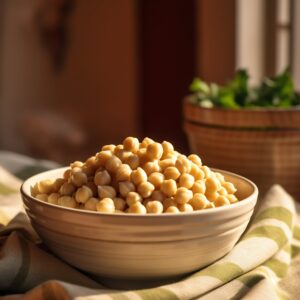Mustard is a pungent, flavorful condiment made from the seeds of the mustard plant (genus Brassica or Sinapis). It has been used for centuries as both a culinary ingredient and a medicinal remedy. Mustard seeds come in different varieties, including yellow (white), brown, and black, each with varying levels of heat and intensity. The condiment is typically made by grinding the seeds and mixing them with liquid ingredients such as water, vinegar, lemon juice, wine, or other flavor-enhancing agents to create a smooth or coarse paste.
The taste of mustard ranges from mild and tangy to sharp and intensely spicy, depending on the type of seeds used and the preparation method. Yellow mustard, the most common variety in the United States, is mild and slightly tangy, whereas Dijon mustard from France has a sharper, more complex flavor. Spicy brown mustard, commonly used in deli sandwiches, is coarser and more pungent, while whole-grain mustard retains visible mustard seeds for added texture and a rustic appearance.
Mustard is a versatile ingredient found in many global cuisines. It enhances the flavor of sandwiches, burgers, hot dogs, salad dressings, marinades, and barbecue sauces. In European and South Asian cooking, mustard seeds are used in pickling, spice blends, and curries. The condiment is also a staple in classic dishes such as honey mustard chicken, pretzels with mustard dipping sauce, and mustard-glazed ham.
Beyond its culinary uses, mustard is known for its health benefits. It contains antioxidants, anti-inflammatory properties, and compounds like glucosinolates, which may have cancer-fighting properties. Some traditional remedies even use mustard in poultices to relieve muscle pain and congestion.





Reviews
There are no reviews yet.